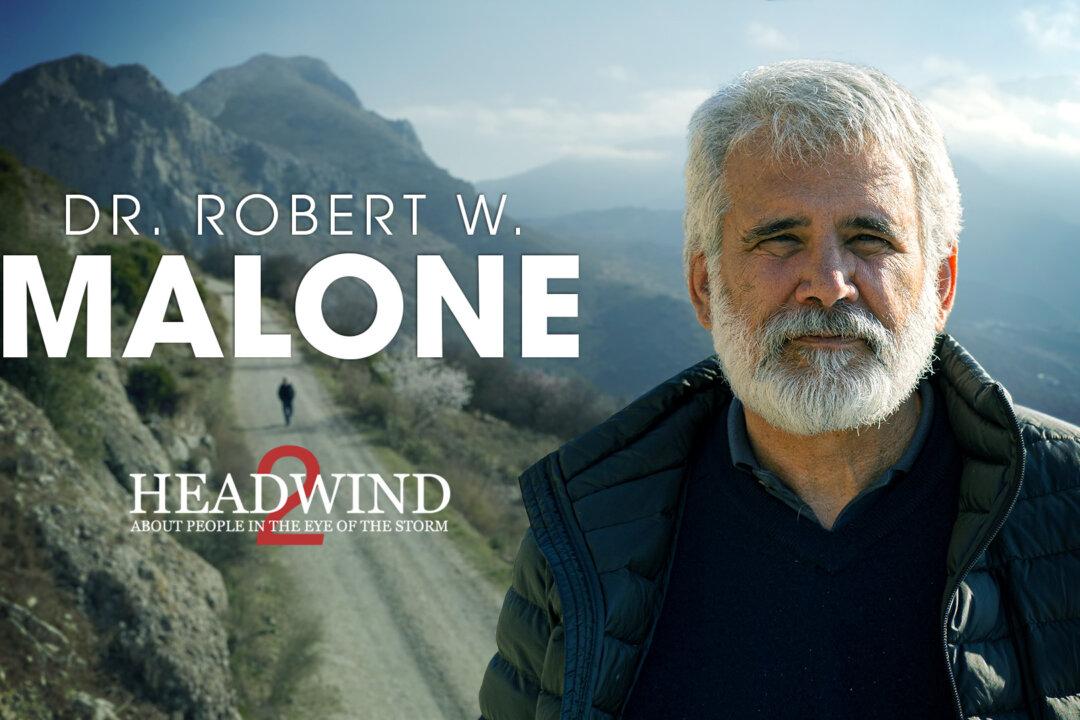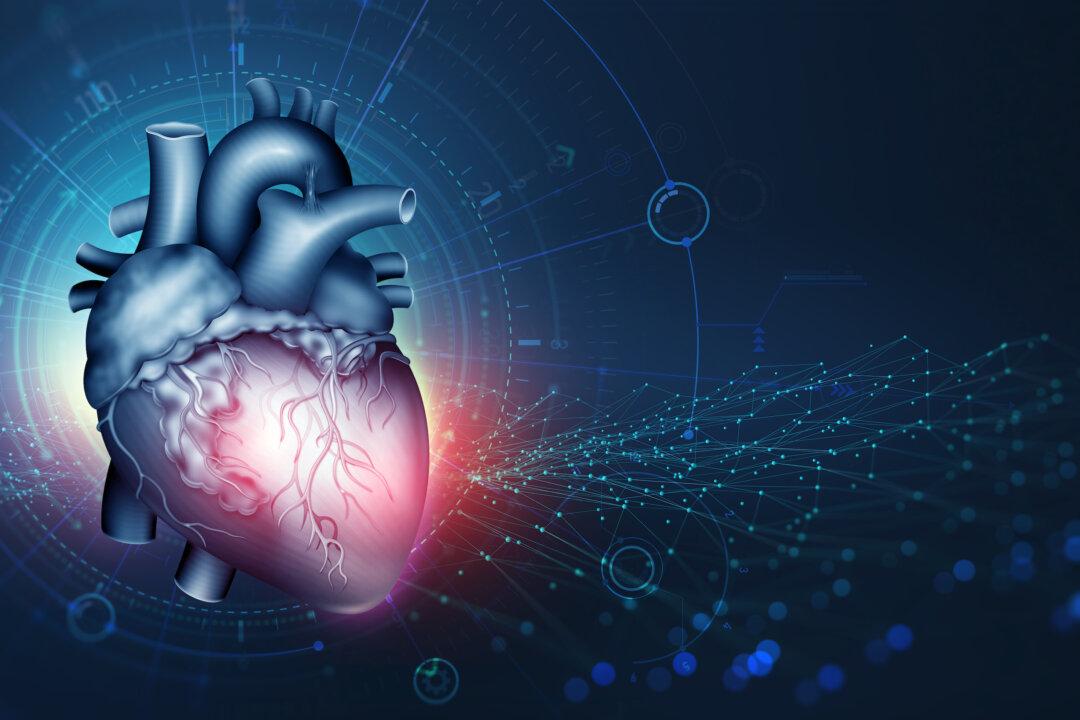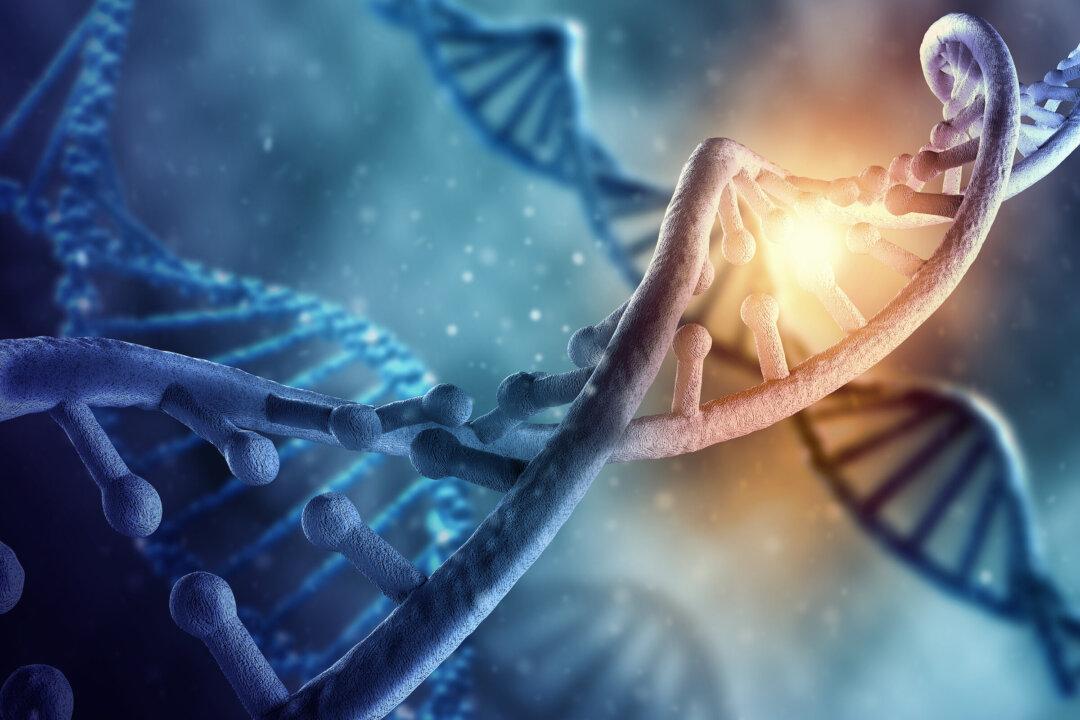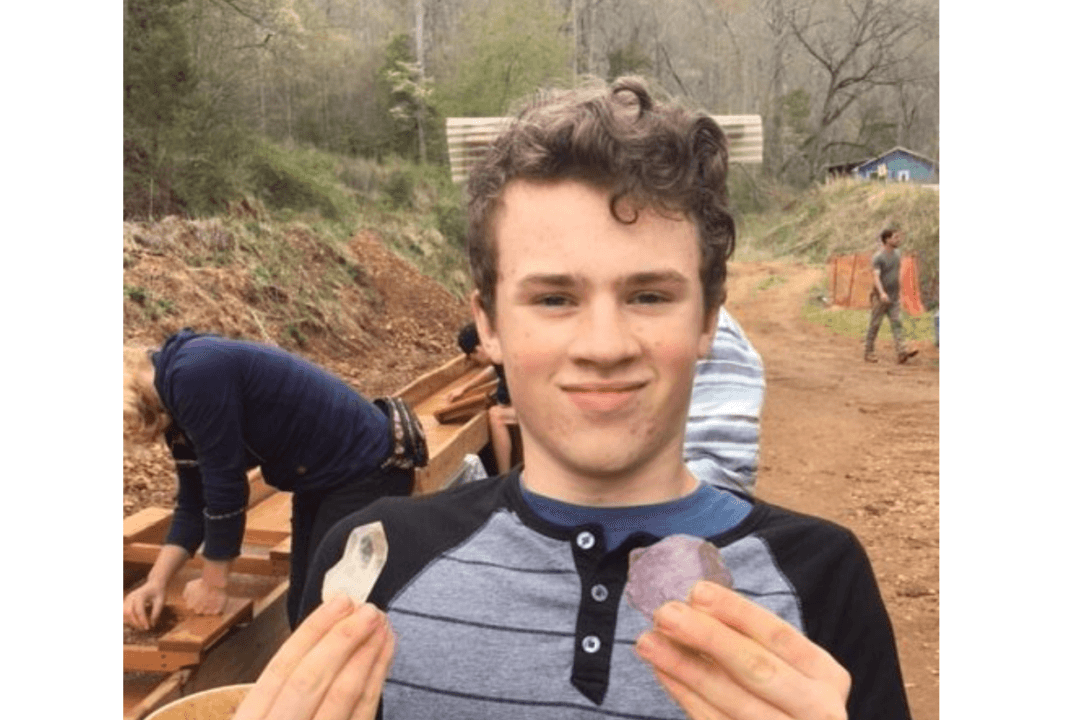On the April 9 episode of “Headwind,” Dr. Robert Malone, inventor of the mRNA technology, and his wife and best friend, Dr. Jill Glasspool-Malone, joined journalist Jakobien Huisman in Spain to discuss the ups and downs of Malone’s life in science and academics and how he came to terms with the maddening paradox of being the inventor of something that got into the wrong hands.
According to adverse events systems like the Vaccine Events Reporting System, the mRNA vaccines birthed from his ideas are hurting and killing people all over the world. Malone is very aware of flaws in the technology he helped create and takes time to explain the fundamental problems of mRNA technology, which, his wife believes, still exist.






